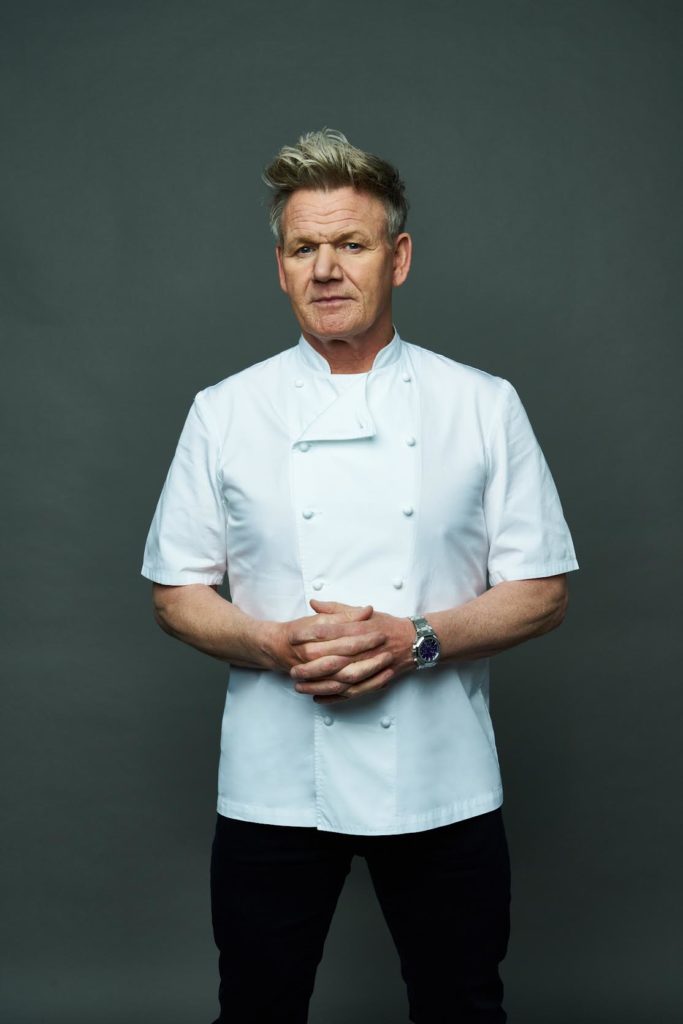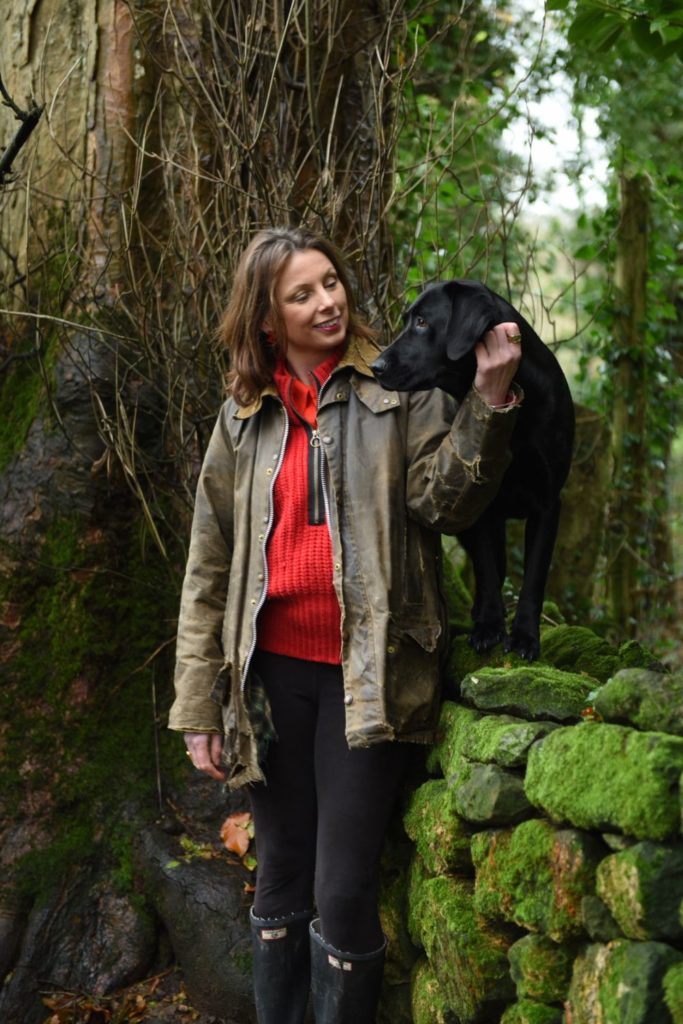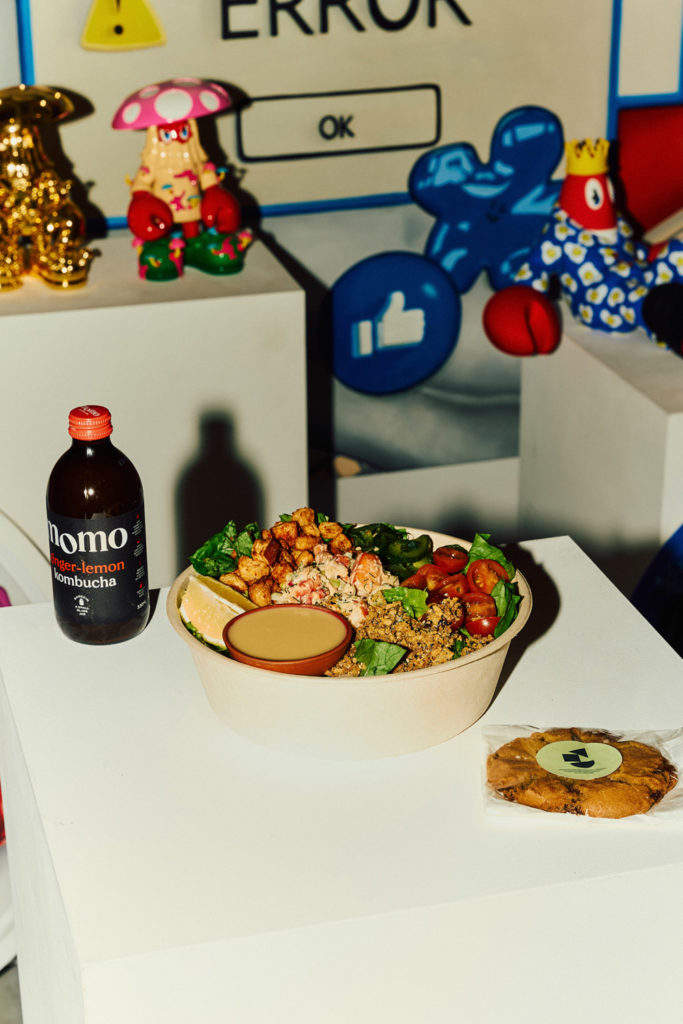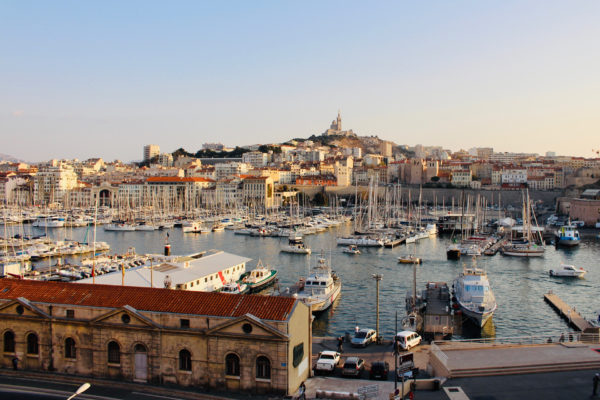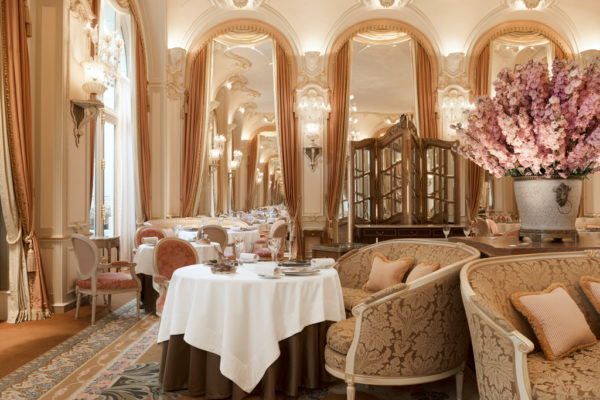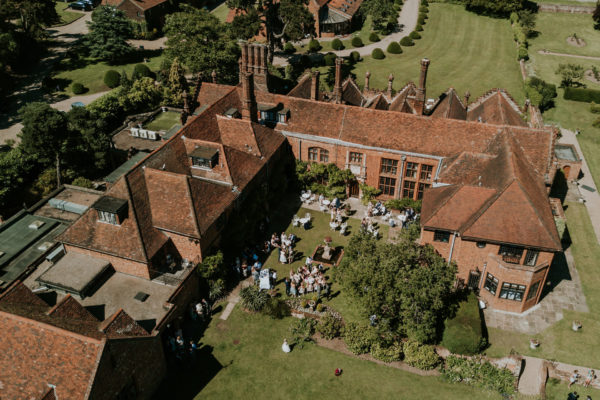Alexandre Mazzia: Meet The Chef Cooking For The Paris Olympics
By
1 year ago
The French chef talks menus for athletes
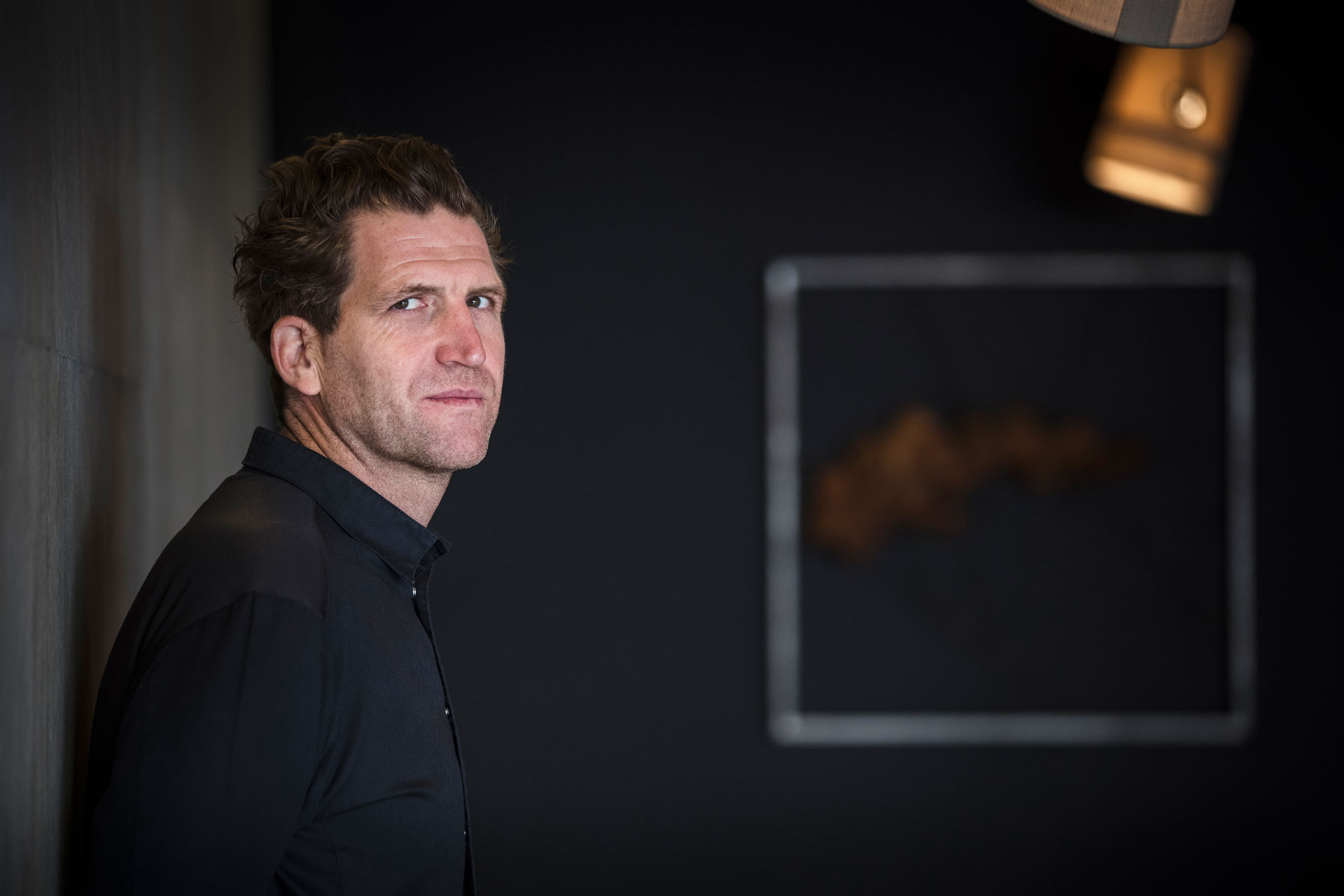
Alexandre Mazzia is one of the most esteemed chefs of Marseille – but his journey into the world of food wasn’t a conventional one. Born to French parents, Mazzia spent his childhood in the Republic of Congo, going on to secure a degree in science before becoming a professional basketball player. He had always been interested in food, though, and was simultaneously pursuing a career as a chef, attending culinary school and working across several French kitchens. After an injury in 2004 meant he had to retire from sport, Mazzia focused all his attention on being a chef, going on to open his own restaurant in 2014, AM Par Alexandre Mazzia in Marseille, which went on to secure three Michelin stars.
This summer, though, he’ll be turning his attention to an exciting new endeavour. Mazzia is one of three chefs cooking for the Paris 2024 Olympic Games, who will be hosting their own space next to the Olympic food hall. We caught up with him to hear what he’ll be cooking up for athletes and visitors.
Q&A with Alexandre Mazzia
How would you describe your food ethos?
AM par Alexandre Mazzia is a glimpse of my soul. It is about discovering myself through my cuisine. It is a place where I give the best of myself, as I am devoted to its guests. My cuisine today is not the one of yesterday and will be different from the one of tomorrow. The strength of this culinary writing is precisely that it is constantly evolving. It is a ‘human’ cuisine, a cuisine of the soul. I think deeply in my kitchen every morning and the restaurant is constantly evolving, and so is my cuisine and my commitment to food and gastronomy.
What’s on your menu for the Olympics? What will the signature dishes be?
On the one hand, I was lucky to be able to work with nutritionists, sports doctors, physical trainers, and sports federations on the performance and recovery needs of athletes in relation to specific disciplines. I prepared about 50 specific recipes by explaining what they could bring, their qualities and how they could be offered as part of the Olympic Games. They will be able to use it for athletes.
On the other hand, with Sodexo Live!, it’s a totally different job. I have developed about 20 light and fun recipes that will be set up in the Athletes’ Village. These recipes will have no impact on performance or recovery. They are in the vein of French know-how and my cuisine. I will be in the Athletes’ Village every Sunday and Monday during the Games period when my dishes will be served.

Will there be a focus on vegetarian food?
This year the Olympic committee has made a pledge to serve more plant-based food. One third of the food in the athlete village will be plant-based, and 60 percent of all food at the Games will be plant-based.
What do you have to consider when coming up with a menu for a sporting event like this?
For me, the two important points to note here are the following:
- Neuro-nutrition – linked to the sport performance and recovery of athletes before and after a performance.
- The second is to give families of athletes an enjoyable place to go and eat – similar to a street food concept: fun, light and full of surprises.
The neuro-nutrition impact of the food we eat and the ingredients we use can impact sport performance and post-workout recovery, which are both linked. We need to give back to athletes in a culinary way, a sensation, an emotion, the same way they give it to us during their athletic performance.
How has sustainability impacted the offering?
The move to more of a plant-based focus helps make the offerings at The Olympic Games more sustainable and they’re not using any single-use items – even all the kitchen equipment has or will have multiple lives.
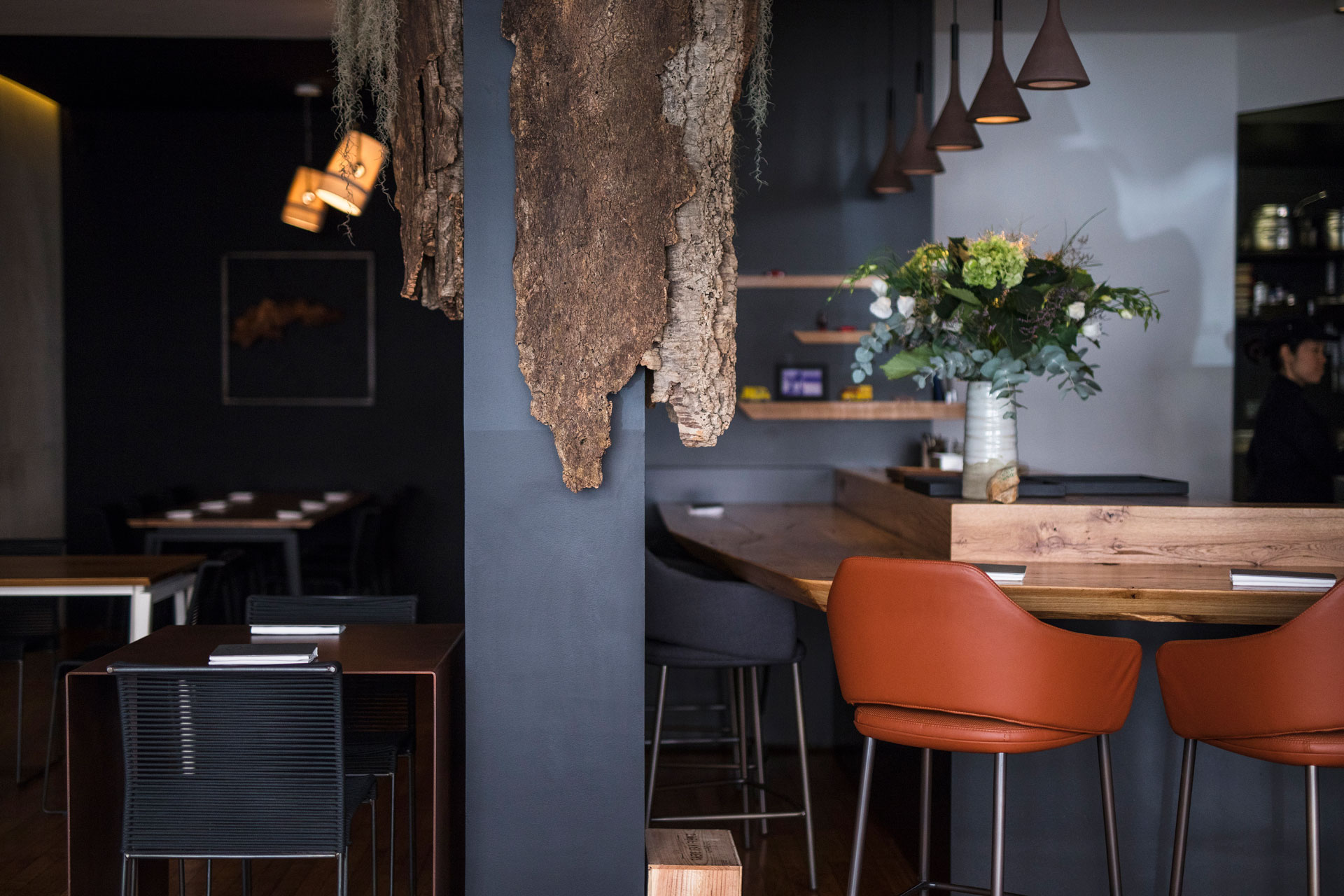
How does your experience as a basketball player affect your approach to cooking and food?
My passion for cooking was not immediate. I was first attracted by the solidarity present in the kitchens, which I could relate to as it is very common in team sports. It echoed with me straight away since I played basketball (professionally) in parallel. It allowed lifting some weight off my shoulders at times as I pursued both passions simultaneously. Juggling both allowed me to give the best of myself in both disciplines. Although they require a very different set of skills, they allowed me to grow in versatile ways, building up knowledge while having fun.
How does being a basketball player compare to being a chef?
Playing basketball taught me so much about discipline – to achieve a goal you have to work together as a team and persevere towards a common goal. In cooking, the goal is to provide the best experience possible for all our guests, and again this is a team effort. Gastronomy isn’t inherently competitive, but you’re still competitive with yourself. I do feel like I thrive off the adrenaline, I need it to be creative and to continue to push. One big lesson I learned from playing basketball is you can’t lose if you lose well, to give it your all and learn from the process.
This interview was translated from French. alexandre-mazzia.com

